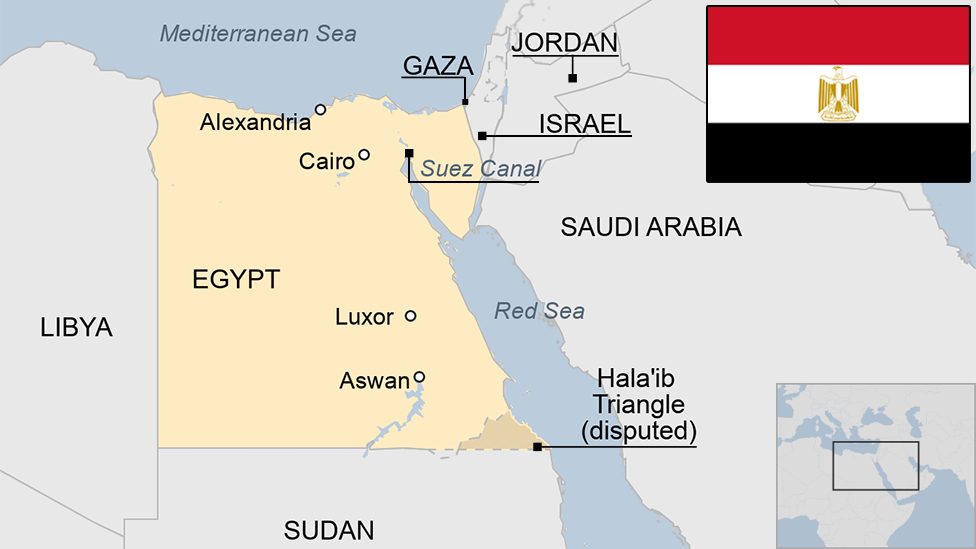Palestinian territories profile
- Published
This page is no longer being updated. It was last updated on 26 June 2023
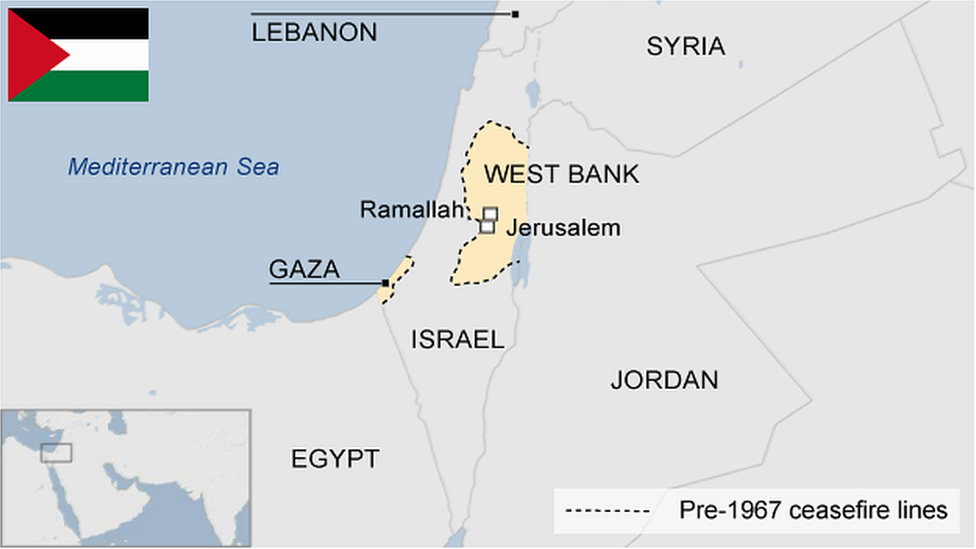
The Palestinian population is divided between historic Palestine and a diaspora, mainly in neighbouring Arab countries.
Efforts to create a Palestinian state on the West Bank of the River Jordan and Gaza on the Mediterranean coast have been frustrated by the continuing conflict with Israel.
Palestinians in the West Bank and eastern Jerusalem have lived under Israeli occupation since 1967, while the settlements Israel has built in the West Bank are home to 500,000 people and are deemed to be illegal under international law, although Israel disputes this.
There are also disputes over the status of diaspora Palestinians and the question of whether Palestinian refugees should be allowed to return to lands they were displaced from in what is now Israel.
Palestinians have been striving for self-determination but have achieved only limited control over their affairs. Relations with the Israeli authorities have been marked by violent conflict.
The economy is fragmented and subject to Israeli restrictions. Much of the population is dependent on food aid.
The Palestinian political leadership is deeply divided between Mahmoud Abbas' Fatah party in the West Bank and its Islamist militant Hamas opponents who control the Gaza Strip.
Israel has occupied East Jerusalem since the 1967 Six-Day War and regards the entire city its capital, though this is not recognised by the vast majority of the international community. Palestinians claim it as the capital of a future hoped-for state.
The UN Security Council and other international bodies argue that peace between Israelis and Palestinians depends on the "two-state solution", the idea that establishing an independent Palestine alongside Israel would create a way for the two sides to co-exist peacefully. However, little progress has been made recently.
Read more country profiles, external - Profiles by BBC Monitoring, external
PALESTINIAN TERRITORIES: FACTS
Capital: Jerusalem (proclaimed, limited international recognition)
Administrative centre: Ramallah
Area: 6,020 sq km
Population: 5.3 million (West Bank: 3.19 million; Gaza Strip: 2.17 million) 5.9 million refugees (in surrounding countries and elsewhere: UNRWRA, external)
Language: Arabic
Life expectancy: 72 years (men) 77 years (women)
LEADERS
President: Mahmoud Abbas
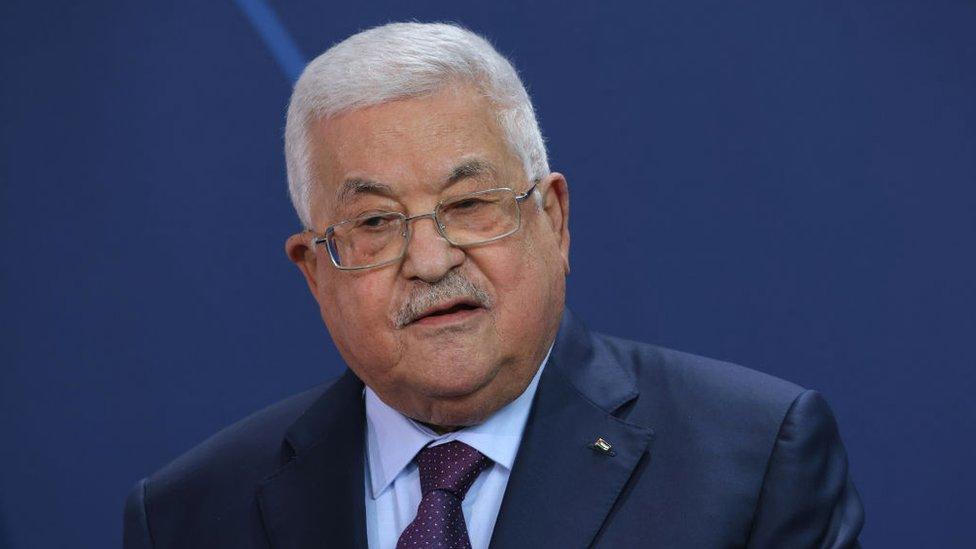
Mahmoud Abbas has been president since May 2005 and chairman of the secular Fatah party since 2009. Also that same year, the leadership of the Palestinian Central Council announced an indefinite extension of Abbas's term as president.
Political leadership is deeply divided between the West Bank under Fatah, and Hamas, which has controlled the Gaza Strip since 2006.
Legislative elections were scheduled for May 2021 but were postponed by President Abbas a month before they were due to take place. Critics accuse the Fatah leadership of corruption and inefficiency, and of being increasingly authoritarian.
In October 2022, delegates from 14 different Palestinian factions including Fatah and Hamas met in Algiers to sign a reconciliation agreement. The Algiers Declaration includes provisions to hold presidential and parliamentary elections within a year of its signing.
MEDIA
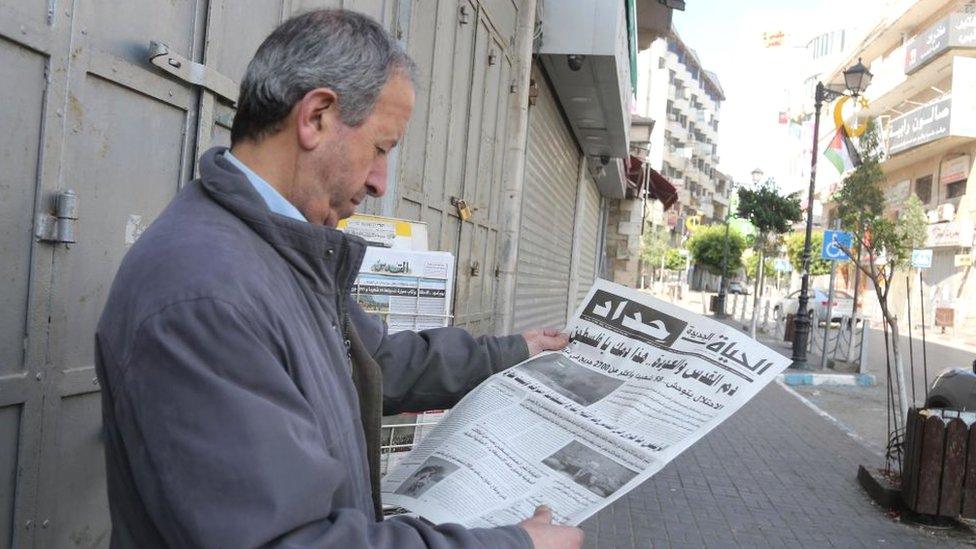
Given the political situation in which they live, Palestinians are avid media consumers. Online outlets are the main sources for news consumption, followed by TV and radio.
Political instability and security threats mean journalists work in a high-risk environment. They continue to be subjected to restrictions by the PA, Hamas and Israel.
The media landscape is shaped by the conflict with Israel and the rivalry between the Palestinian Authority (PA) under Fatah and their opponents Hamas. International watchdogs say the media environment is not free.
Read full media profile
BACKGROUND
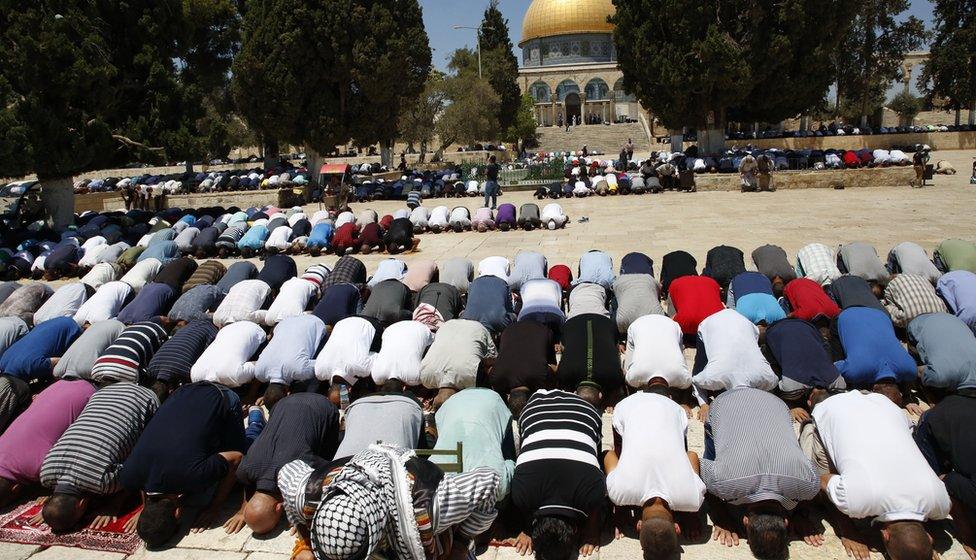
Muslim worshippers attend Friday noon prayers near the Dome of the Rock mosque in Jerusalem
The war that followed Israel's declaration of independence in 1948 saw the former British mandate of Palestine partitioned between Israel, Jordan and Egypt.
Hundreds of thousands of Palestinians fled or were forced out of their native land during the war, in what they call the "Nakba" or "Catastrophe". The demand of these refugees and their descendants to return to their former homes remains one of the most fiercely debated aspects of the dispute with Israel.
The Palestinian national movement gradually regrouped in the West Bank and Gaza, run respectively by Jordan and Egypt, and in refugee camps in neighbouring Arab states.
The Palestine Liberation Organisation (PLO) emerged as its leading umbrella group shortly before the Six-Day War of 1967, during which Israel captured the West Bank, Gaza and East Jerusalem, and conducted a protracted campaign of violence against Israel.
The PLO under Yasser Arafat gradually won international recognition as the representative of the Palestinian people, culminating in the Oslo Accords with Israel in 1993.
These accords established a Palestinian National Authority (PNA - also referred to as the Palestinian Authority, or PA) as an interim body to run parts of Gaza and the West Bank (but not East Jerusalem) pending an agreed solution to the conflict.

The PNA functions as an agency of the PLO, which represents Palestinians at international bodies. It is led by a directly-elected president, who appoints a prime minister and government which must have the support of the elected Legislative Council.
The Israeli occupation of the West Bank, with its continuing settlement building and military checkpoints, and Palestinian attacks have slowed progress towards any final agreement.
In 2005, Israel completed the withdrawal of all its troops and settlers from the Gaza Strip. In 2006, the Islamist group Hamas won elections in Gaza. A year later Hamas took full control of Gaza, ousting Palestinian Authority (PA) security forces in days of fighting.
Following its takeover, Israel and Egypt imposed a tight blockade against the militants which has squeezed the Palestinian territory. Internationally, Hamas is widely seen as a terrorist group.
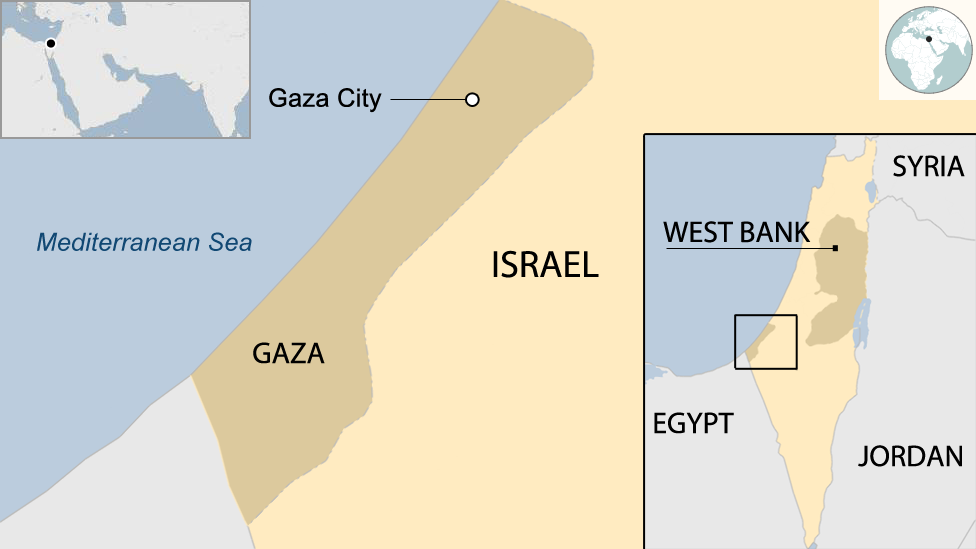
The PA made a symbolic bid for recognition at the UN as the "State of Palestine" in 2011, mainly in an effort to highlight the lack of movement in relations with Israel.
This failed to gain the required support, but Unesco - the UN cultural and educational agency - did admit the "State of Palestine" as a member.
In November 2012, the UN General Assembly voted to upgrade the status of the Palestinians to that of a "non-member observer state" - a move that allows them to take part in General Assembly debates and improves their chances of joining UN agencies.
In 2017, Hamas and Fatah signed a reconciliation deal that was meant to see Hamas hand over administrative control of Gaza to the Fatah-dominated Palestinian Authority but disputes over disarmament stalled progress.
In 2022, delegates from 14 different Palestinian factions including Fatah and Hamas met in Algiers to sign a new reconciliation deal, including provisions to hold presidential and parliamentary elections by the end of 2023.
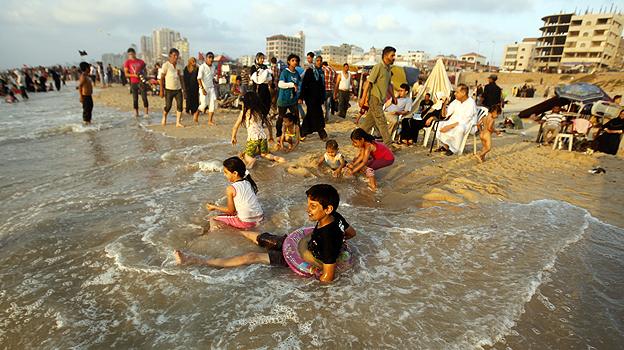
The Gaza Strip is one of the most densely-populated areas in the world. It has been under permanent Israeli blockade since 2007
- Published10 January
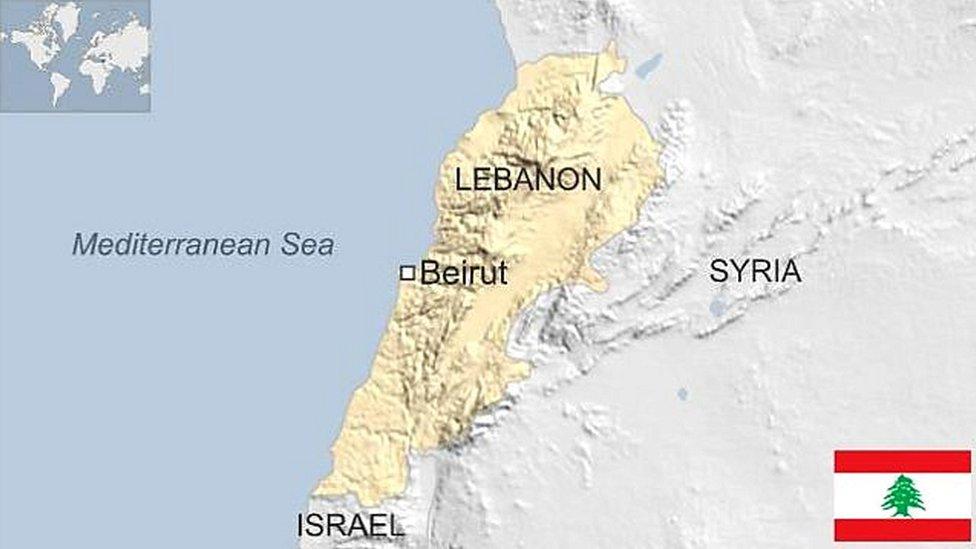
- Published7 January

- Published29 August 2023
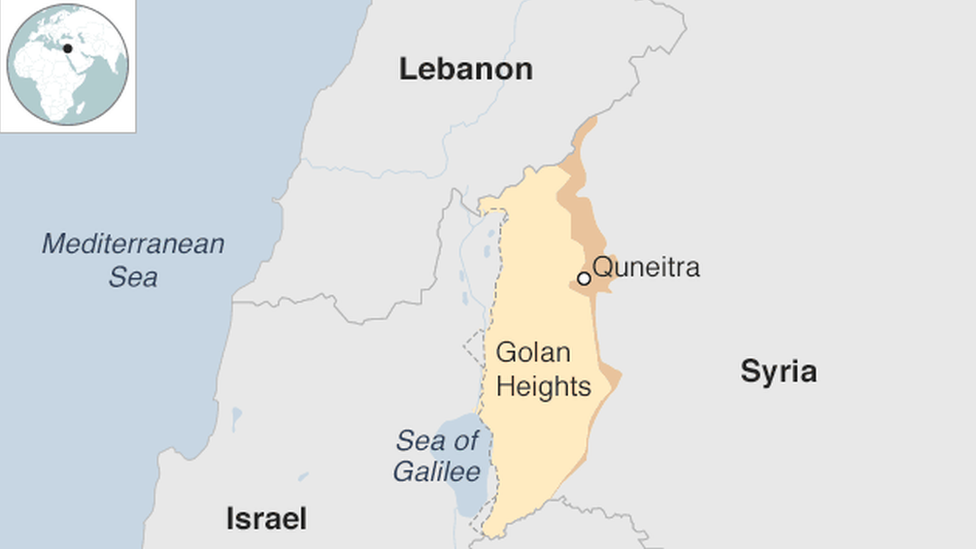
- Published13 October 2023
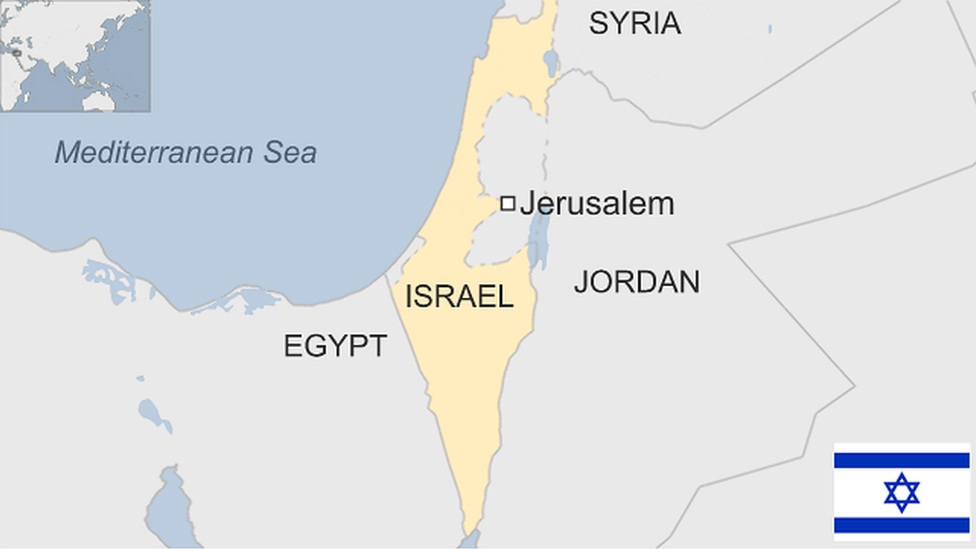
- Published19 April 2023
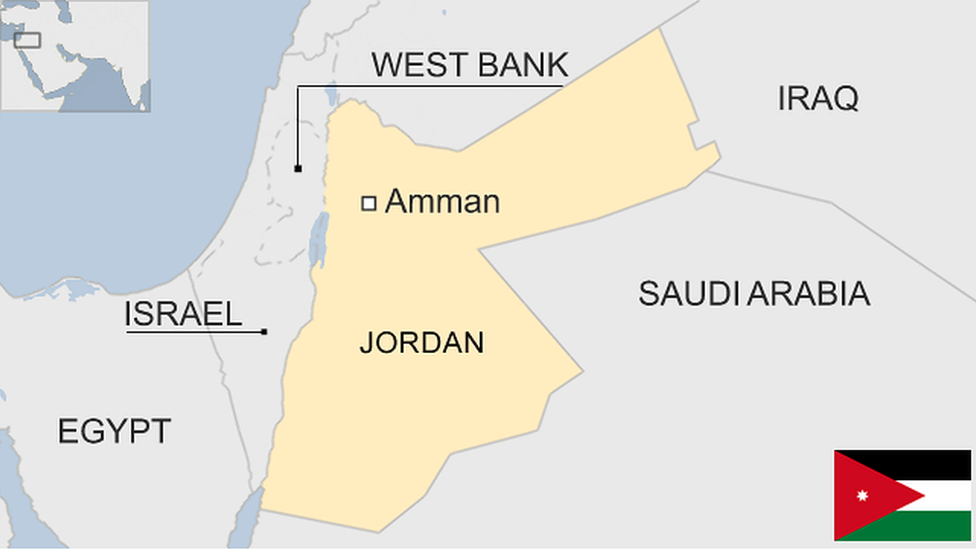
- Published2 January 2024
